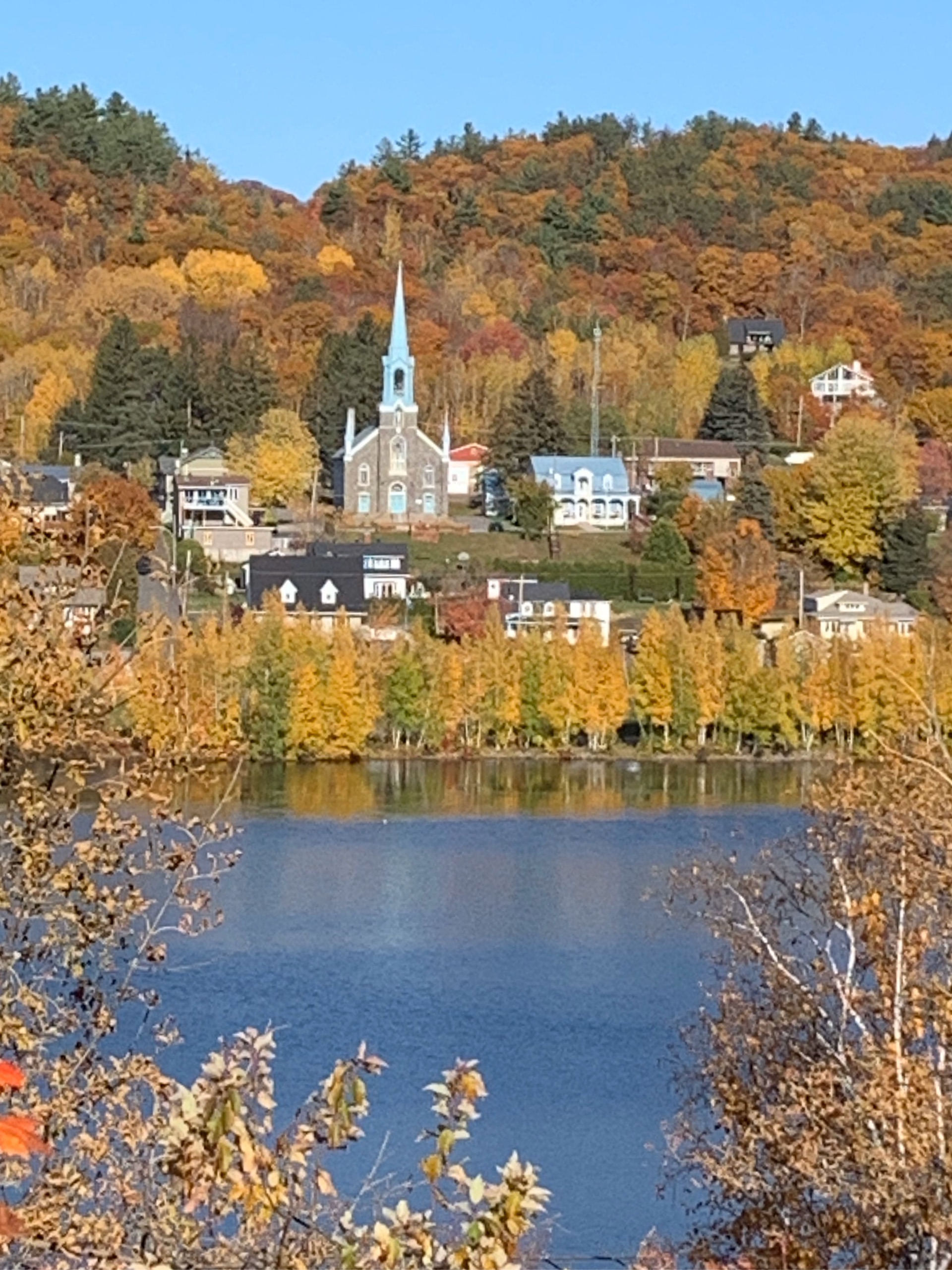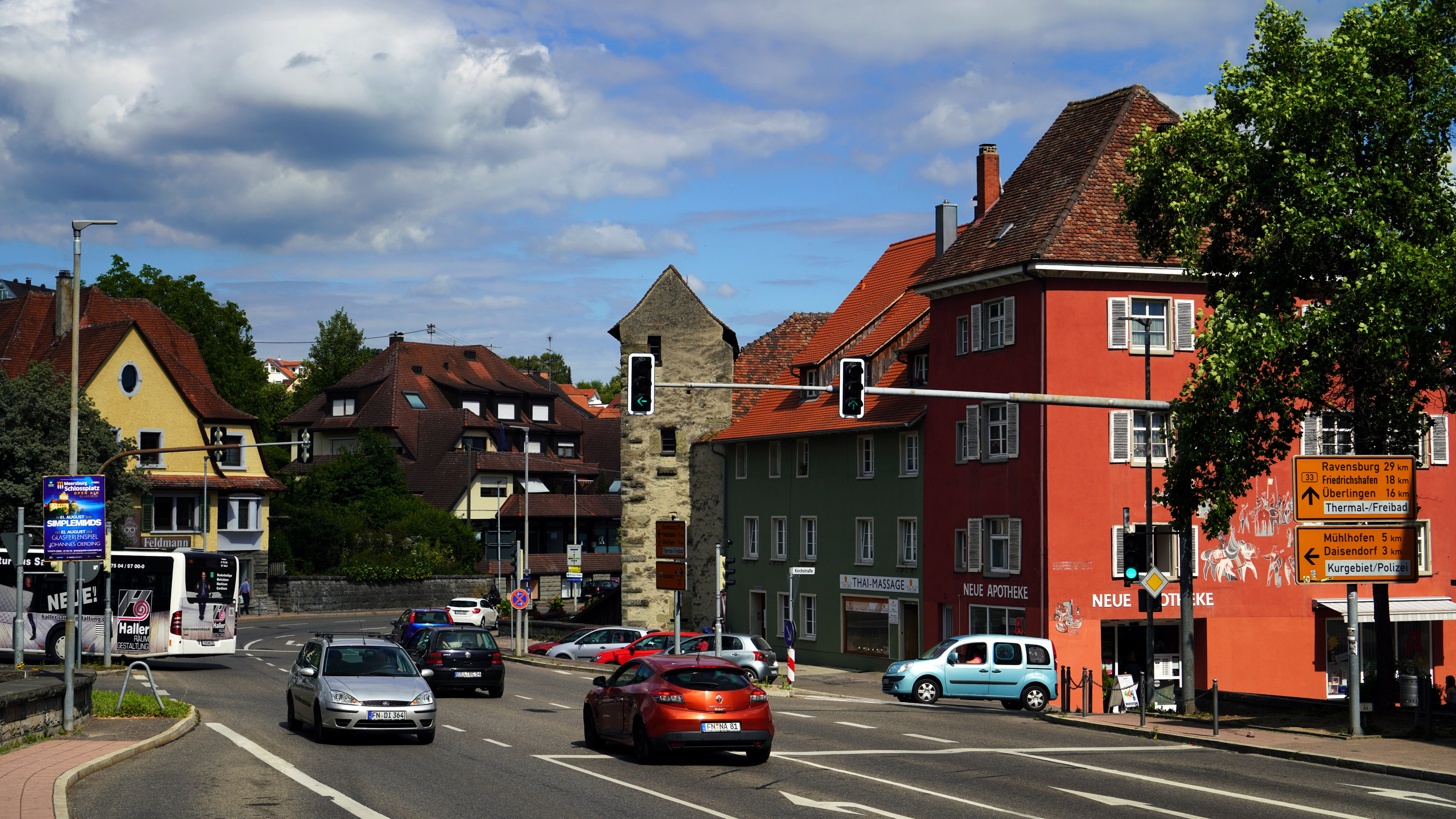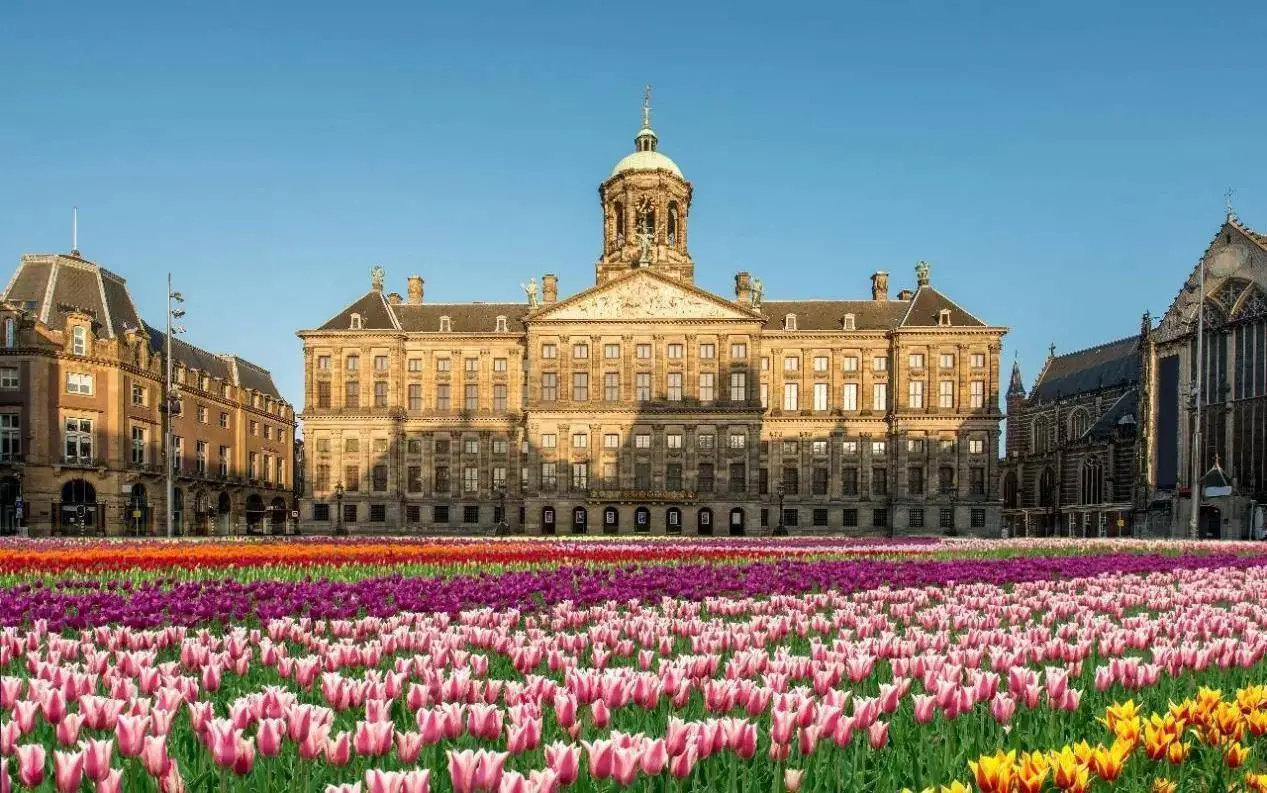Global Travel Information
Lake Malawi, Malawi/Mozambique/Tanzania
Lake Malawi: The Jewel of Africa
Nestled between Malawi, Mozambique, and Tanzania, Lake Malawi is one of Africa’s most breathtaking natural wonders. Known for its crystal-clear waters, vibrant biodiversity, and stunning landscapes, this Great Rift Valley lake is a treasure trove of ecological and cultural significance. Spanning approximately 29,600 square kilometers (11,400 square miles), it is the third-largest lake in Africa and the ninth-largest in the world. But beyond its sheer size, Lake Malawi captivates visitors and scientists alike with its unique ecosystems, rich history, and the livelihoods it sustains for millions of people.
A Geological Marvel
Lake Malawi, also called Lake Nyasa in Tanzania and Lago Niassa in Mozambique, was formed over millions of years by tectonic activity along the East African Rift. It stretches about 560 kilometers (350 miles) in length and reaches depths of up to 706 meters (2,316 feet), making it one of the deepest lakes in the world. The lake’s basin is a living testament to the dynamic geological forces that shaped the African continent.
What sets Lake Malawi apart is its remarkable water clarity, with visibility often exceeding 20 meters (65 feet). This is due to the lake’s low nutrient levels and the absence of large sediment-carrying rivers flowing into it. The result is an underwater paradise that supports an astonishing diversity of life.
Biodiversity Hotspot
Lake Malawi is often referred to as the "Galápagos of fish" due to its extraordinary number of endemic species. The lake is home to over 1,000 species of cichlid fish, nearly all of which are found nowhere else on Earth. These colorful fish have evolved through adaptive radiation, filling nearly every ecological niche in the lake. From the tiny, rock-dwelling mbuna to the larger predatory haps, the cichlids of Lake Malawi are a living laboratory for evolutionary biologists.
Beyond fish, the lake supports a variety of wildlife, including otters, crocodiles, and numerous bird species such as fish eagles and kingfishers. The surrounding landscapes are equally rich, with baobab trees, acacia woodlands, and grasslands providing habitats for elephants, hippos, and other savanna species.
Human Connections
For centuries, Lake Malawi has been a lifeline for the communities along its shores. The lake supports local economies through fishing, agriculture, and tourism. The Tonga, Chewa, and Yao peoples, among others, have relied on its waters for sustenance and transport. Traditional fishing methods, such as the use of dugout canoes and gill nets, are still practiced today, though modern challenges like overfishing and climate change threaten these age-old practices.
The lake also plays a crucial role in regional trade. Small-scale fishermen sell their catch in bustling lakeside markets, while larger commercial operations export fish to neighboring countries. In recent decades, tourism has grown, with visitors drawn to the lake’s pristine beaches, water sports, and national parks like Lake Malawi National Park—a UNESCO World Heritage Site renowned for its conservation efforts.
Conservation Challenges
Despite its natural beauty, Lake Malawi faces significant environmental threats. Overfishing, deforestation, and pollution from agricultural runoff are degrading water quality and disrupting ecosystems. The introduction of non-native species, such as the Nile perch, has further destabilized the delicate balance of the lake’s biodiversity.
Climate change poses another major challenge. Rising temperatures and erratic rainfall patterns are altering water levels, affecting fish breeding cycles and reducing fish stocks. Local communities, already vulnerable to poverty, are feeling the impact as their primary source of food and income dwindles.
Efforts to protect Lake Malawi are underway, with governments, NGOs, and local communities collaborating on sustainable fishing practices, reforestation, and pollution control. The Lake Malawi/Nyasa/Niassa Basin Commission, established by Malawi, Mozambique, and Tanzania, aims to promote cross-border conservation and equitable resource management.
A Paradise for Explorers
For travelers, Lake Malawi offers an unforgettable experience. The sandy beaches of Cape Maclear and Nkhata Bay are perfect for relaxation, while the clear waters invite snorkeling, diving, and kayaking. Scuba divers can explore underwater rock formations teeming with cichlids, while hikers can trek through the surrounding highlands for panoramic views.
Cultural tourism is also thriving, with opportunities to visit traditional villages, learn about local crafts, and experience the warm hospitality of lakeside communities. The annual Lake of Stars Festival, a celebration of music and arts, draws international visitors to the shores of this magnificent lake.
Conclusion
Lake Malawi is more than just a body of water—it is a vibrant ecosystem, a cultural cornerstone, and a source of wonder. Its dazzling beauty and ecological uniqueness make it a global treasure worth protecting. As pressures mount from human activity and climate change, the need for sustainable management becomes ever more urgent. Preserving Lake Malawi ensures that future generations can continue to marvel at its splendor and benefit from its riches. Whether you are a scientist, a traveler, or simply an admirer of nature, Lake Malawi is a destination that leaves a lasting impression.

相关文章
- Best Time to Visit Elbe River: Seasonal Tips for Travelers
- Elbe River Cruise Routes: From Hamburg to Dresden
- Elbe River Hiking Trails: Scenic Paths Along the Waterway
- Elbe River Length & Source: Key Geographic Facts
- Cities Along Elbe River: Must-See Destinations in Germany
- Elbe River Historical Significance: Key Events Through Time
- Elbe River Water Level Today: Real-Time Updates for Boaters
- Elbe River Cycling Routes: Explore by Bike This Year
- Elbe River Wildlife Watching: Where to Spot Birds & Animals
- Elbe River Local Festivals: 2025 Events Not to Miss
发表评论
评论列表
- 这篇文章还没有收到评论,赶紧来抢沙发吧~


